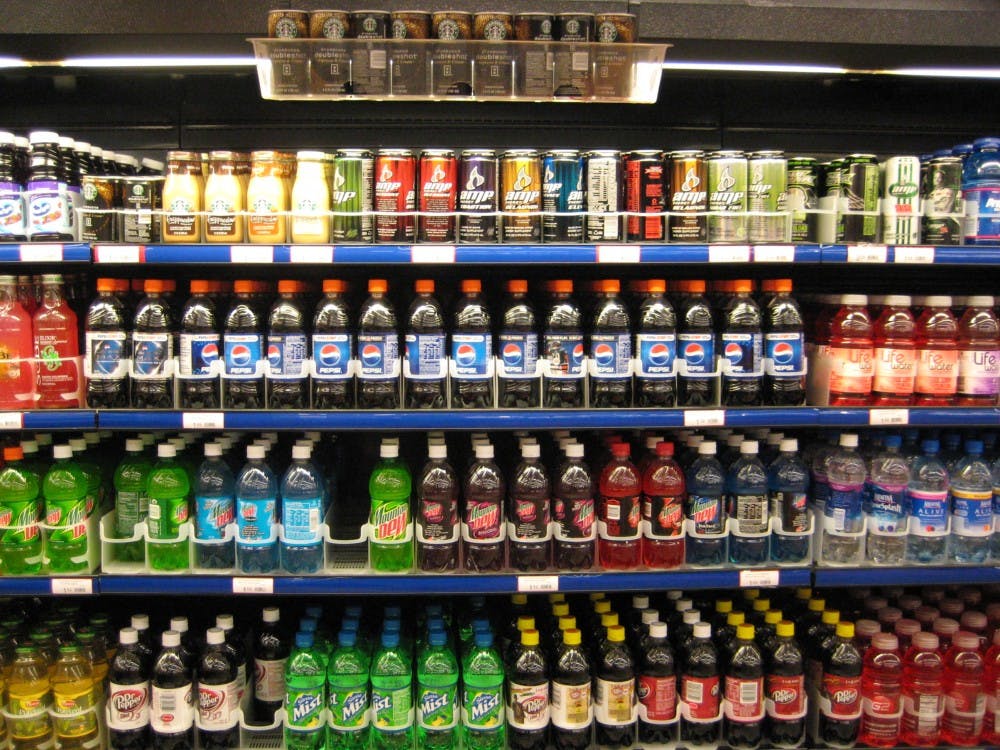A soda tax may be an effective way to curb rates of diabetes, heart disease and obesity.
According to a study in the American Journal of Public Health conducted by the University of California, Berkeley (UC Berkeley), the consumption of sugary drinks dropped 52 percent among low-income Berkeley residents.
In November 2014, Berkeley voters approved the Measure D soda tax. The measure imposed a penny-per-ounce excise tax on sugar-sweetened beverages. It took effect on Jan. 1, 2015 as the first soda tax implemented in the United States.
Consumption of soda and other sugar-sweetened beverages have been linked to diabetes, cardiovascular disease, tooth decay and other diseases which affect quality of life and are a public health burden. Therefore the tax is considered a Pigovian tax, which is a name given to taxes that reflect a good’s social and health costs thereby correcting an undesirable consequence of consuming that good.
In Baltimore, one in three school-aged children is either overweight or obese. One in four children in the city drink one or more sodas every day. In January 2016, the Baltimore City Health Department launched the “Rethink Your Drink” campaign to post warning messages on sugar-sweetened beverages as well as educate residents about the risks of consuming those drinks.
In 2018, in an effort led by former Health Commissioner Leana Wen, Baltimore became the first major U.S. city to prohibit restaurants from including sugary drinks on children’s menus. Subsequently, these drinks were replaced with water, milk and 100 percent fruit juices.
“The science is clear that a major contributor to childhood obesity is sugary drinks, and taking out these empty calories is one of the single biggest lifestyle changes that parents and children can make,” Wen said in an interview with NBC News.
The UC Berkeley researchers conducted street intercept surveys. Annually, the team polled about 2,500 people in high-foot-traffic intersections in racially and demographically diverse neighborhoods.
The researchers conducted two levels of comparison: They compared pre-tax and post-tax soda consumption rates in Berkeley, Calif. to rates in San Francisco and Oakland, Calif. San Francisco and Oakland have not instituted a soda tax and thus served as baselines to ensure that the trends in Berkeley were not due to an isolated geographic incident unrelated to the tax.
The researchers found that consumption of sugar-sweetened beverages in Berkeley decreased by 0.55 times per day while consumption of water increased by 1.02 times per day. The changes in consumption observed in Berkeley were significantly different from rates in San Francisco and Oakland, which did not show any changes.
Kristine Madsen, the faculty director of the Berkeley Food Institute in UC Berkeley’s School of Public Health, acknowledged that there are confounding variables which may limit the scope and generalizability of the results.
The street intercept method does not target a random sample of residents. Additionally, Berkeley is a relatively small and well-educated city. According to Madsen, the social messages that soda taxes convey can impact consumption just as much as the dollar amount of the tax.
“There are some earlier studies out of Berkeley that suggest that the messaging alone is effective at reducing consumption,” Madsen said in a press release. “But people are still very much affected by what hits their pocketbooks.”
This is the first study to quantify the long-term impacts of the soda tax in the United States. However there are international precedents for these findings. A similar soda tax was implemented in Mexico in 2014. A case study written by Elisabeth Donaldson, a graduate of the Bloomberg School of Public Health, inspected the effects of the soda tax and analyzed tactics for advocacy groups to garner public and political support for such a measure.
The evidence led Madsen to voice her support for the tax.
“We want to end this epidemic of diabetes and obesity, and taxes are a form of counter-messaging, to balance corporate advertising. We need consistent messaging and interventions that make healthier foods desirable, accessible and affordable,” Madsen said.





